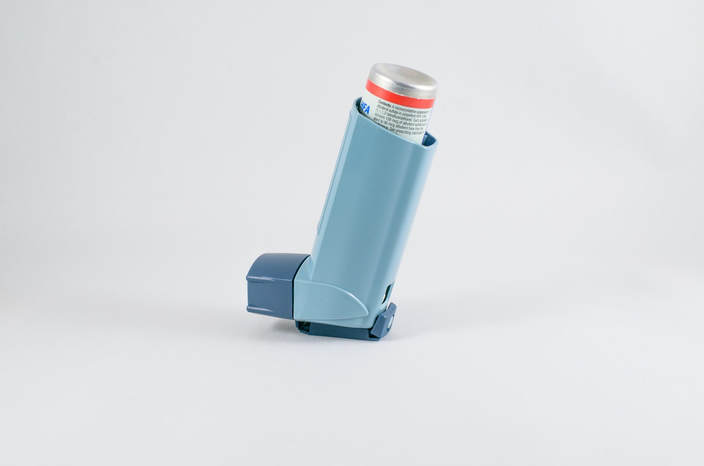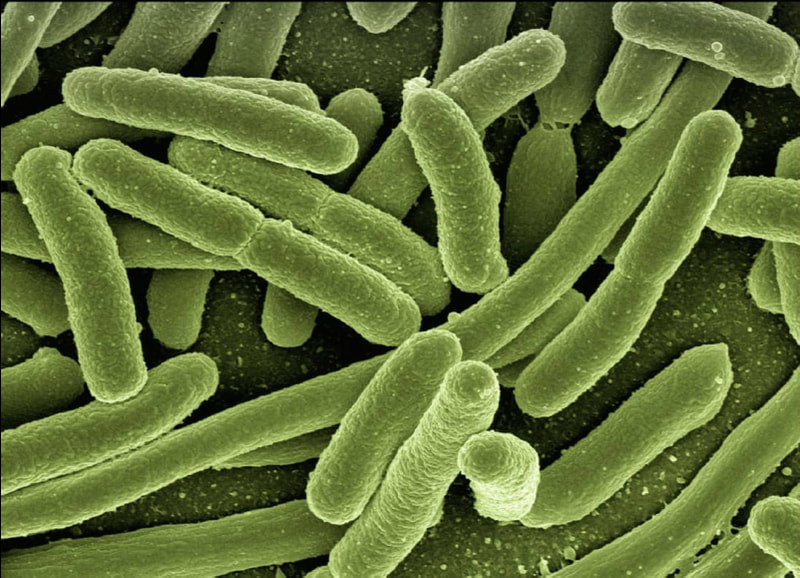The Asthma and Obesity Relationship
The number of people affected by obesity (excess body fat) in the United States has been on the rise. More specifically, the number of children in the U.S. considered obese has tripled since 1980; more than 30% of children are affected by obesity today. Obesity places individuals at a greater risk of developing illnesses such as heart disease, diabetes, stroke, and others. Researchers at the University of Southern California (USC) discovered that asthma, another common childhood disease, may cause children to be more susceptible to developing obesity later on in their childhood and even further into their adult lives.
In simplest terms, obesity is the condition of having excessive amount of body fat. However, it is not synonymous to weighing too much. Body weight consists of a combination of muscle, bones, fat, and water content, whereas obesity is only concerned with the body fat portion of a person’s body weight. Obesity can be caused by a combination of various factors: genetics, diet, environment, or a lack of physical activity. However, it is ultimately caused by consuming more calories than the body uses. When the body has extra calories, they are stored as fat; this can interfere with blood flow and lead to the health problems mentioned above.
Asthma is a respiratory disorder that affects the lungs. The lungs and airways become inflamed, leading to difficulty breathing, coughing, or wheezing. To alleviate these symptoms, doctors may prescribe an inhaler medication, which helps these airways return to their normal state.
In simplest terms, obesity is the condition of having excessive amount of body fat. However, it is not synonymous to weighing too much. Body weight consists of a combination of muscle, bones, fat, and water content, whereas obesity is only concerned with the body fat portion of a person’s body weight. Obesity can be caused by a combination of various factors: genetics, diet, environment, or a lack of physical activity. However, it is ultimately caused by consuming more calories than the body uses. When the body has extra calories, they are stored as fat; this can interfere with blood flow and lead to the health problems mentioned above.
Asthma is a respiratory disorder that affects the lungs. The lungs and airways become inflamed, leading to difficulty breathing, coughing, or wheezing. To alleviate these symptoms, doctors may prescribe an inhaler medication, which helps these airways return to their normal state.
Image Source: coltsfan
The research study led by USC followed 20,000 children across Europe from their toddler years to their childhood years. The study found that children suffering from asthma had a 66% greater chance of developing obesity in comparison to the children who were not found to have asthma. Children who had continual wheezing symptoms, regardless of diagnosis, were placed at a 50% higher risk of becoming obese. The cause of this link is still unclear, but there are some possible explanations.
The primary hypothesis is that the symptoms of asthma and other respiratory problems may discourage children from participating in physical activity because exercise and sports require increased lung activity. Lack of physical exercise is a main contributor to the collection of fat in the body. Another hypothesis is that the inhaled medication may have side effects in the body that make it more prone to fat accumulation. The next step in this research is to determine whether prevention and sufficient treatment of childhood asthma can decrease the risk for developing obesity in the later years.
While this research takes place in the near future, these current results reinforce the importance of healthy eating habits and sufficient exercise. These two lifestyle choices should be the focus for everyone, not just those that already suffer from obesity and asthma.
The primary hypothesis is that the symptoms of asthma and other respiratory problems may discourage children from participating in physical activity because exercise and sports require increased lung activity. Lack of physical exercise is a main contributor to the collection of fat in the body. Another hypothesis is that the inhaled medication may have side effects in the body that make it more prone to fat accumulation. The next step in this research is to determine whether prevention and sufficient treatment of childhood asthma can decrease the risk for developing obesity in the later years.
While this research takes place in the near future, these current results reinforce the importance of healthy eating habits and sufficient exercise. These two lifestyle choices should be the focus for everyone, not just those that already suffer from obesity and asthma.
Featured Image Source: TeroVesalainen
RELATED ARTICLES
|
Vertical Divider
|
Vertical Divider
|
Vertical Divider
|






